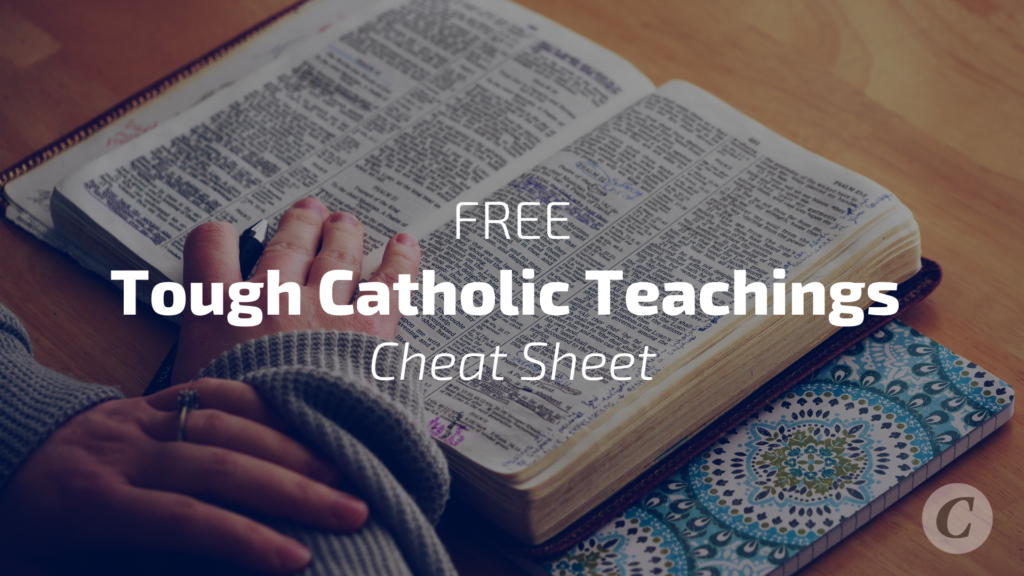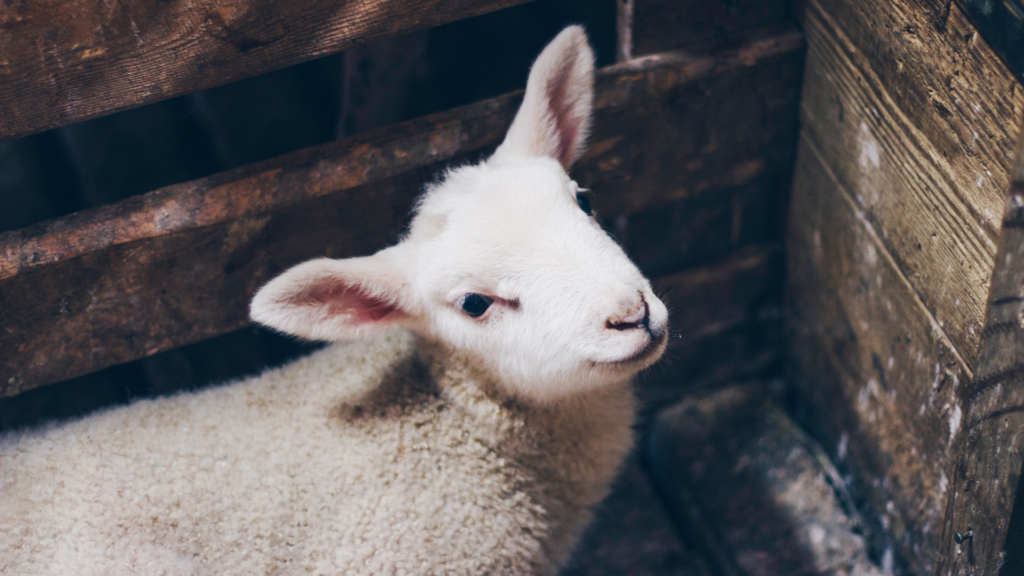It is today, Holy Thursday, that we commemorate the Last Supper of our Lord Jesus Christ. Tonight we enter into the mystery of the night that he instituted the Holy Eucharist, established the ministerial priesthood, and fulfilled the Passover of Israel by his self-gift. In his homily below, St. Melito of Sardis unveils the true meaning of the passover lamb in Christ.
Below is the second reading from the Office of Readings for Holy Thursday:
There was much proclaimed by the prophets about the mystery of the Passover: that mystery is Christ, and to him be glory for ever and ever. Amen.
For the sake of suffering humanity he came down from heaven to earth, clothed himself in that humanity in the Virgin’s womb, and was born a man. Having then a body capable of suffering, he took the pain of fallen man upon himself; he triumphed over the diseases of soul and body that were its cause, and by his Spirit, which was incapable of dying, he dealt man’s destroyer, death, a fatal blow.
He was led forth like a lamb; he was slaughtered like a sheep. He ransomed us from our servitude to the world, as he had ransomed Israel from the land of Egypt; he freed us from our slavery to the devil, as he had freed Israel from the hand of Pharaoh. He sealed our souls with his own Spirit, and the members of our body with his own blood.
He is the One who covered death with shame and cast the devil into mourning, as Moses cast Pharaoh into mourning. He is the One who smote sin and robbed iniquity of offspring. He is the One who brought us out of slavery into freedom, out of darkness into light, out of death into life, out of tyranny into an eternal kingdom; who made us a new priesthood, a people chosen to be his own for ever. He is the Passover that is our salvation.
It is he who endured every kind of suffering in all those who foreshadowed him. In Abel he was slain, in Isaac bound, in Jacob exiled, in Joseph sold, in Moses exposed to die. He was sacrificed in the Passover lamb, persecuted in David, dishonored in the prophets.
It is he who was made man of the Virgin, he who was hung on the tree; it is he who was buried in the earth, raised from the dead, and taken up to the heights of heaven. He is the mute lamb, the slain lamb, the lamb born of Mary, the fair ewe. He was seized from the flock, dragged off to be slaughtered, sacrificed in the evening, and buried at night. On the tree no bone of his was broken; in the earth his body knew no decay. He is the One who rose from the dead, and who raised man from the depths of the tomb.
Reflection:
When you hear the Sacred Scriptures read aloud at Mass, do you actively hear Christ?
Do you find yourself distracting your mind with other things during the Liturgy of the Word due to your unfamiliarity with the Old Testament stories? Or do you open your mind to be filled with Christ?
I know that for myself it can be difficult, at times, to make sense of Israel’s story and see how it’s my story too. But Christ unveils this mystery. He shows us ourselves in all of Israel’s stories. We too are God’s people called out of slavery and darkness and into freedom and light. We too have been liberated through water and find ourselves wandering through the desert, dependent upon Bread from Heaven. We too are called to arrive in the Promised Land overflowing with an abundance of milk and honey.
As so as you prepare to enter tonight the mystery of that Passover meal 2,000 years ago, I invite you to see that story as your story. Hear Jesus speak to you. Let Jesus give himself to you. This is about your redemption.
What insight has the Holy Spirit given to your from your reading of St. Melito’s homily?
Let me know below in the comment box!

Are you often asked what the Catholic Church teaches about tough subjects? Are you curious about what the Church teaches?
In this Tough Catholic Teachings cheat sheet I provide for you direct links to the paragraphs in the Catechism of the Catholic Church that speak specifically about these tough topics.
You won’t need to go searching for what the Catholic Church actually teaches about these subjects as you will have direct access to the Catechism’s teaching all in one place!

